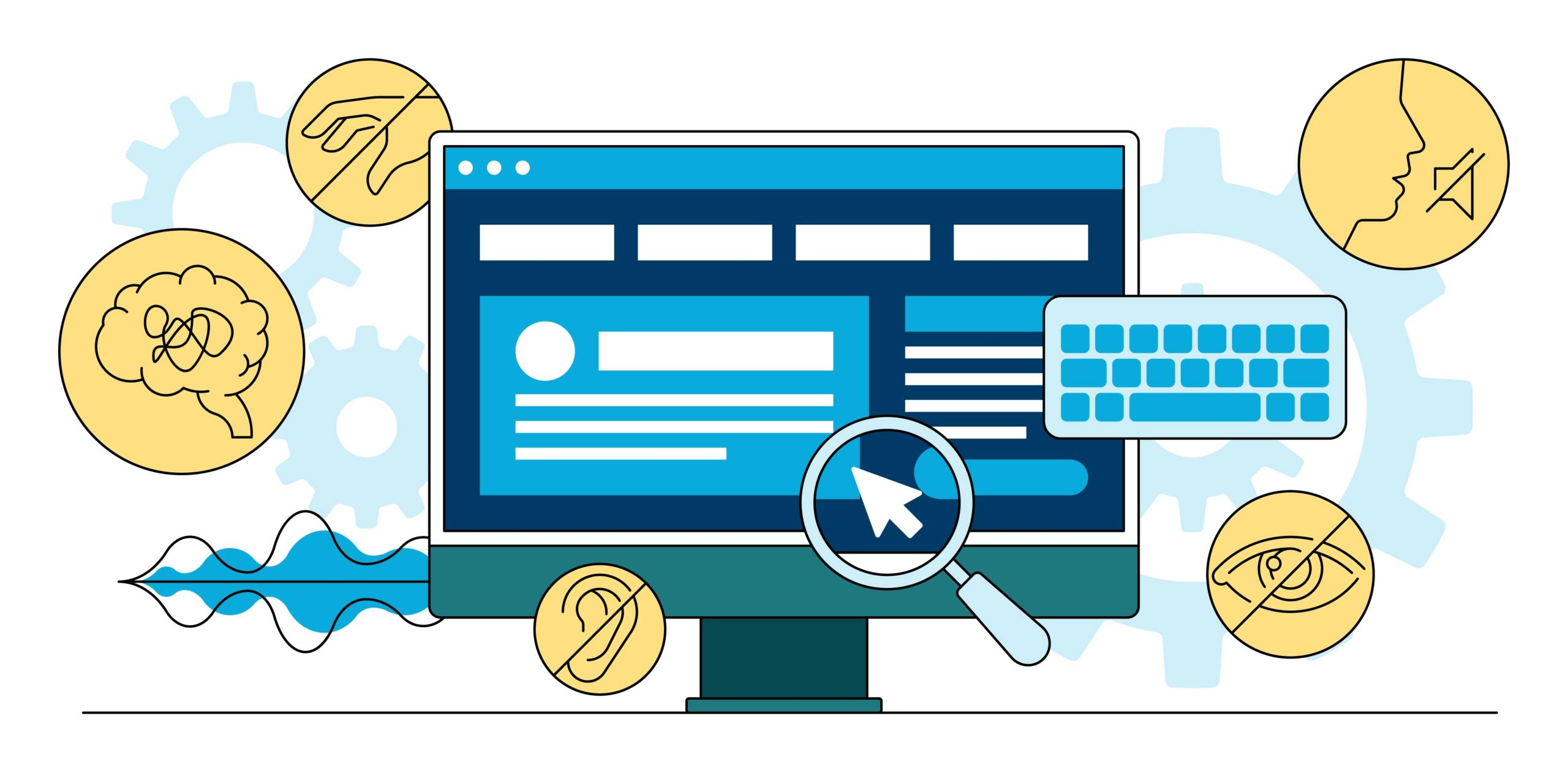Over the last few months, I’ve had the opportunity to work hands-on with the Playwright MCP Server – an intelligent automation agent that can explore, audit and even generate test scripts autonomously. The impact it had on my workflow was immediate and eye-opening.
This isn’t just about faster automation. It’s about how tools like MCP are redefining what it means to be a QA Engineer or SDET in the AI era.
Automation That Actually Delivers (with Real-World Impact)
For years, automation promised to free QA from repetitive work. But tools like Selenium often came with heavy overhead – setting up test environments, maintaining brittle scripts and chasing false positives.
In contrast, the Playwright MCP Server has delivered immediate value in my recent projects. I was able to hand off exploratory testing, including ADA compliance checks, to the agent – and while I focused on higher-priority tasks, it returned with screenshots, structured reports and even usable test files.
A task like ADA validation – often time-consuming to integrate manually – was streamlined through tools like @axe-core/playwright. The agent audited key flows and returned actionable insights with minimal effort. Would that have been possible with traditional tooling? Sure. But not this fast, not this cleanly and certainly not this independently.
Is This What Automation Promised Us?
Tools like MCP are revealing the true value of testers. Instead of spending hours creating or maintaining scripts, we can focus on high-impact work:
- Designing better test strategies
- Evaluating the business logic
- Providing meaningful feedback on system behavior
The agent does the groundwork. We direct and validate it.
This feels like what automation was always supposed to be: a force multiplier, not a replacement.
The Risk of Overdependence
But with great autonomy comes real risk: Can AI become a crutch?
If we start delegating too much to AI without understanding what’s happening under the hood, we risk weakening our own expertise. The future belongs to testers who can guide, interpret, and iterate with AI – not those who blindly trust it.
No One Tool Solves Everything
There’s a common misconception right now that tools like MCP or other generative agents are “complete solutions.” That’s not the case.
Context is everything. You can’t just ask an AI to generate relevant scenarios unless it understands the app, the business, or the users. This requires feeding it the right data and setting the right expectations.
Without that, you’re just generating code in a vacuum.
QA’s Role Is Evolving
The role of QA is not fading – it’s evolving. And quickly.
Clients today aren’t just asking for someone who can run manual tests. They’re looking for professionals who:
- Understand AI tooling
- Know how to prompt and guide these agents
- Can tie testing efforts directly to business value
- Think in terms of strategic automation, not just coverage
There are still too many testers relying solely on manual testing. That’s not going to be sustainable. This is the moment for QA professionals to become early adopters of AI-first practices – before the curve gets too steep to catch.
What About No-Code and Experimental Frameworks?
There’s a growing movement around no-code or low-code test platforms, and while they reduce the learning curve, they also strip away control and transparency.
The Playwright MCP Server doesn’t do that. It stays within a real framework, supports real code, and produces results that can be audited, versioned, and extended. It’s the best of both worlds: automation with structure, speed, and developer-grade precision.
Agentic Systems and the Future of QA
One fascinating angle is how the MCP Server hints at a future of agentic systems – AI agents that operate without human interaction, from goal to execution. MCP isn’t fully there, but it’s close. It can:
- Explore scenarios
- Generate scripts
- Fix errors
- Return structured reports
As these systems mature, we’ll need to redefine our role once again – from script writers to AI orchestrators and quality strategists.
Final Thoughts
As AI continues to evolve, the future of QA looks incredibly promising. We’re entering a phase where intelligent tools like the Playwright MCP Server don’t just speed up testing – they enhance our ability to think strategically, focus on quality, and solve real problems.
Rather than replacing testers, AI is becoming a powerful partner – one that handles the repetitive, explores the unknown, and gives us more time to focus on what truly matters: improving the user experience, guiding product quality and driving business impact.




